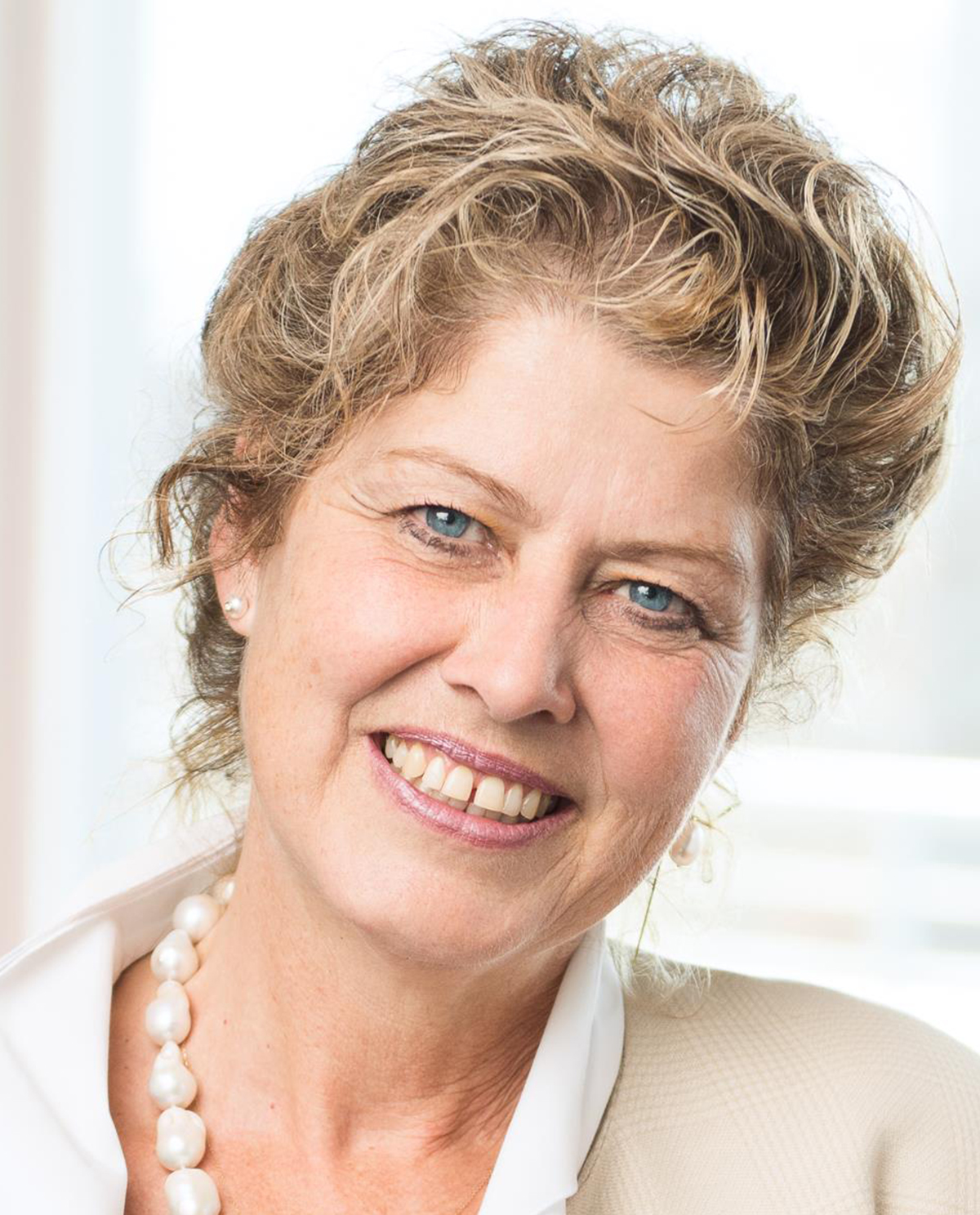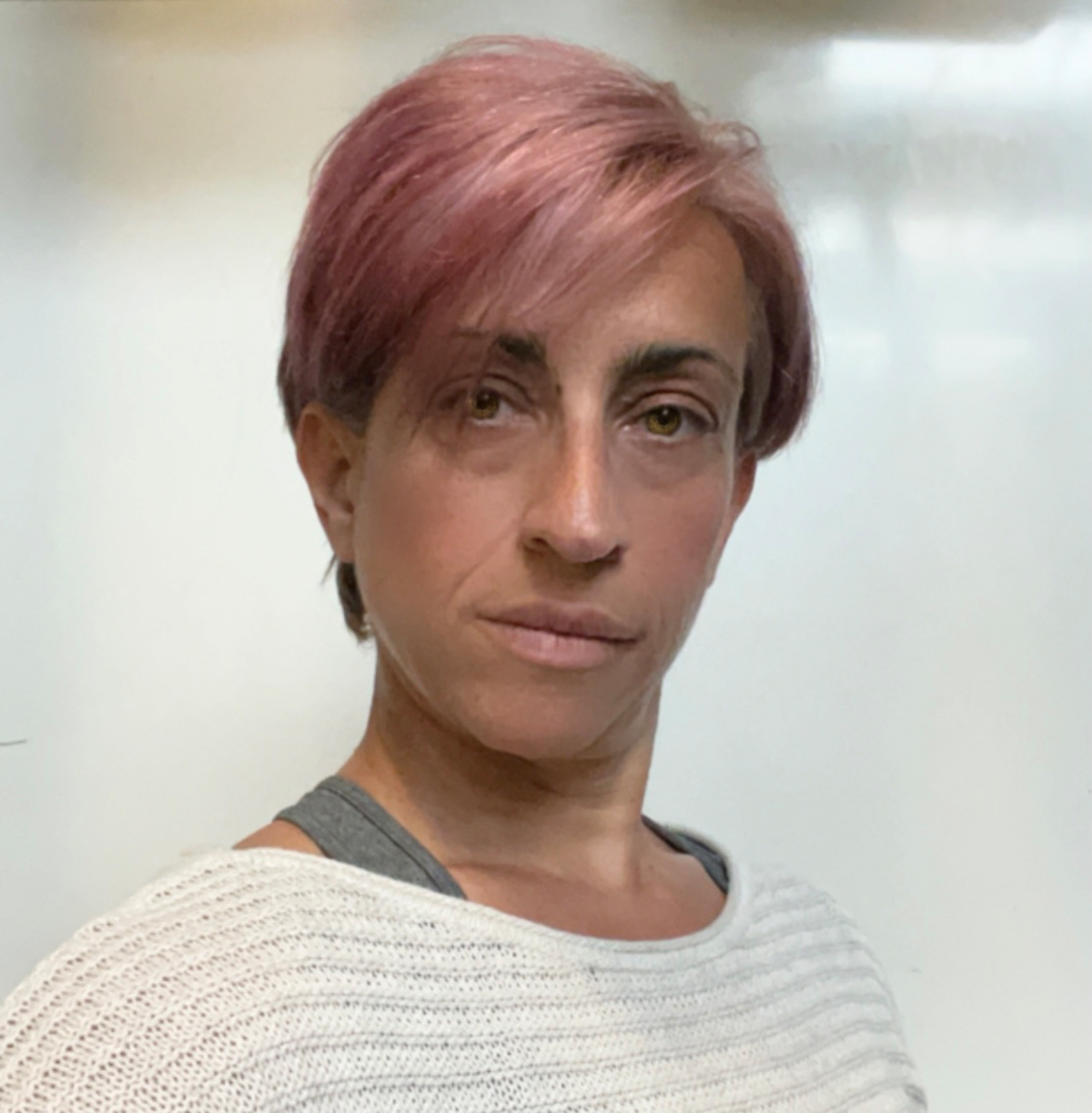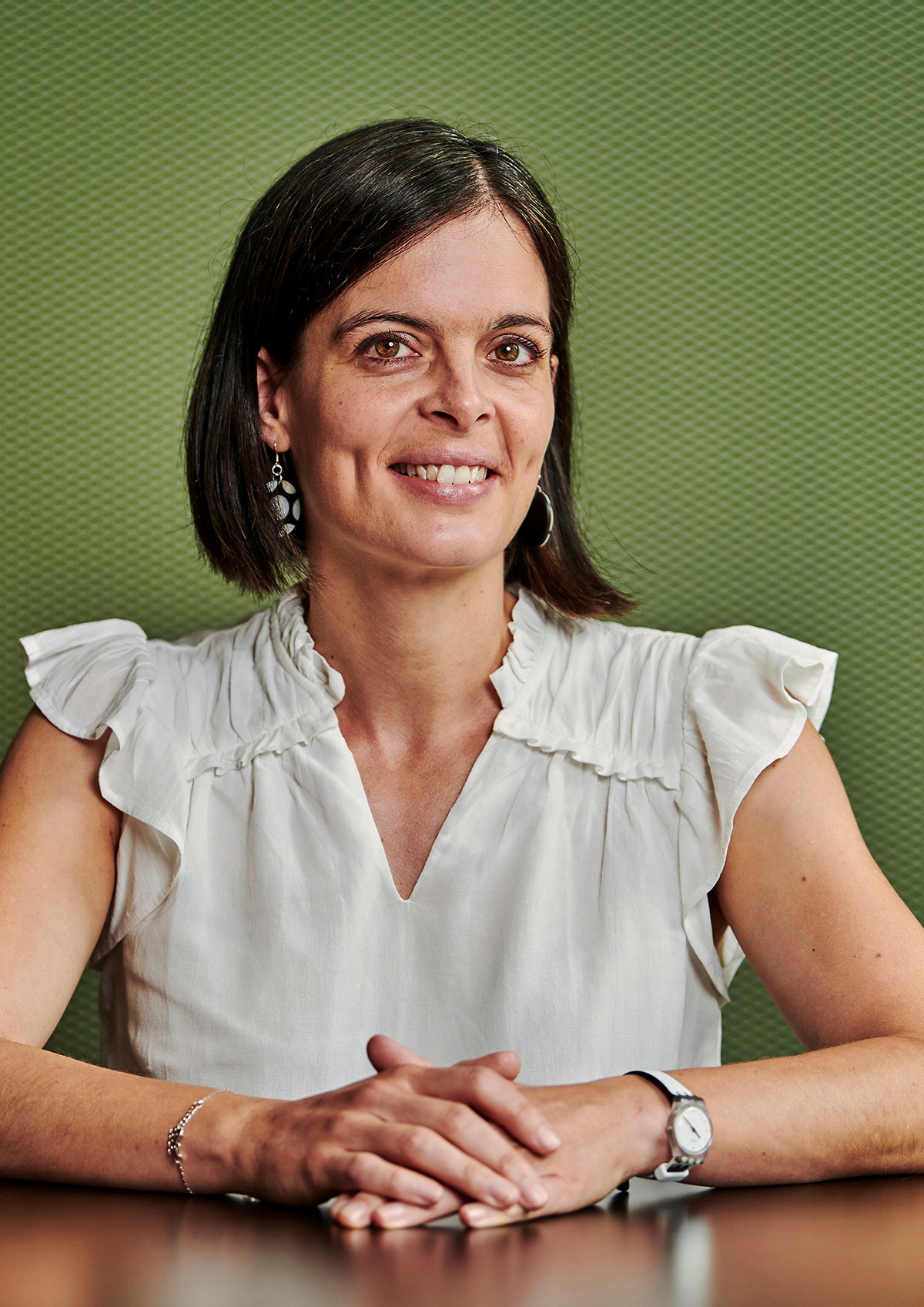Sinergia grants for three University of Bern researchers
Three researchers at the University of Bern are receiving Sinergia grants from the Swiss National Science Foundation (SNSF) for their research projects. The projects will be supported by the SNSF with funds totaling around CHF 7.3 million over three to four years.
The Swiss National Science Foundation’s (SNSF) Sinergia program supports collaboration between two to four research groups. As the name suggests, the aim is to harness synergies between different research areas to facilitate interdisciplinary research with the prospect of breakthrough research.
Daniel Candinas, Vice-Rector for Research of the University of Bern, is delighted with the success: "The University of Bern’s interdisciplinary research is paying off once again and showing that it is highly relevant and very well connected. The Bernese researchers’ three Sinergia projects also mainly stand out for their potential to generate major benefits for society."
A total of 71 project leaders applied for the Sinergia grants, which were awarded in a competitive process. 15 research projects were approved, representing a success rate of 21%. Three of these were University of Bern projects, placing it among the most awarded in Switzerland. The total funding amounts to 36 million Swiss francs. A single Sinergia project takes around four years to complete and receives CHF 2.4 million on average.
Skin diseases, prostate cancer and renewable energies
The three Sinergia projects in Bern address tissue regeneration in skin diseases, personalized therapies for prostate cancer patients and solutions for storing volatile renewable energies.
An international consortium led by Prof. Eliane J. Müller from the Department of Dermatology at the Inselspital, Bern University Hospital and the Department for BioMedical Research (DBMR) at the University of Bern is investigating communication between cells during tissue regeneration using comprehensive systems biology approaches. The findings will be used to enable better treatments for severe inflammatory and neoplastic human diseases in future. Eliane Müller highlights the ideal conditions at the University of Bern for her Sinergia project: "The University of Bern offers the perfect framework in medical research for networking, supporting and developing research results and transferring them into clinical applications."
PD Dr. Marianna Kruithof-de Julio and her team from the Department for BioMedical Research (DBMR) at the University of Bern and the Department of Urology at Bern University Hospital are striving for more efficient treatment for prostate cancer patients using a personalized medical approach.
Marianna Kruithof-de Julio explains: "The heterogeneity of patients and tumors should be taken into account more in order to tailor therapies to the patient. This should increase the likelihood of the treatments’ success."
The third research project, led by Prof. Isabelle Stadelmann-Steffen from the Institute of Political Science (IPW) at the University of Bern, addresses the promotion of seasonal thermal energy storage (STES) technologies, which are still rarely used in Switzerland. Her project aims to find STES solutions that are optimal not only from a technological but also user point of view, and thus have the potential to be broadly used in practise. STES processes are intended to make the energy surplus produced in summer by volatile renewable energies storable for the winter. "This is extremely relevant and urgent for the energy transition," emphasizes Isabelle Stadelmann-Steffen.
Detailed project descriptions and short biographies can be found below.
2021/06/29




